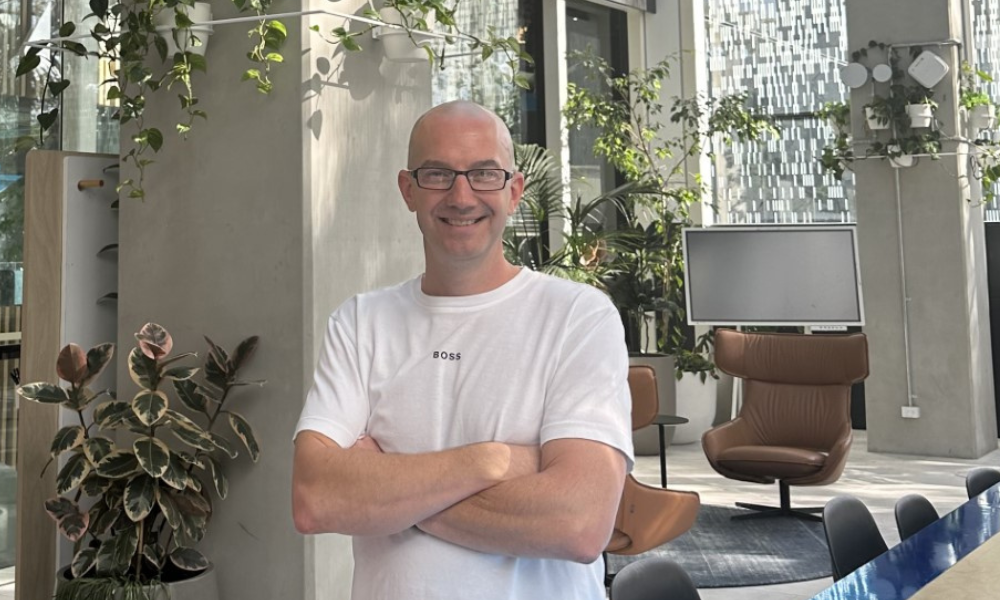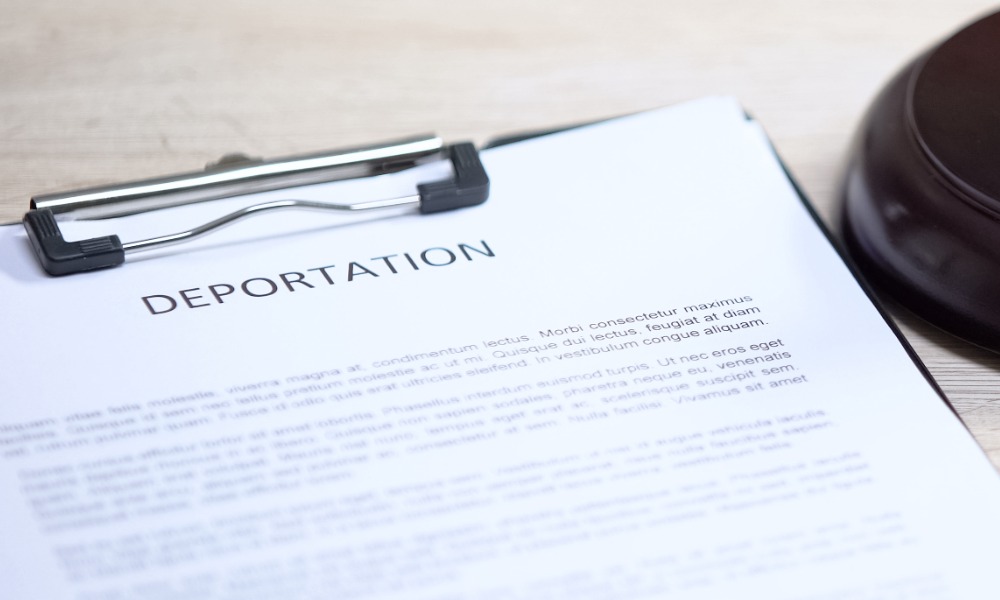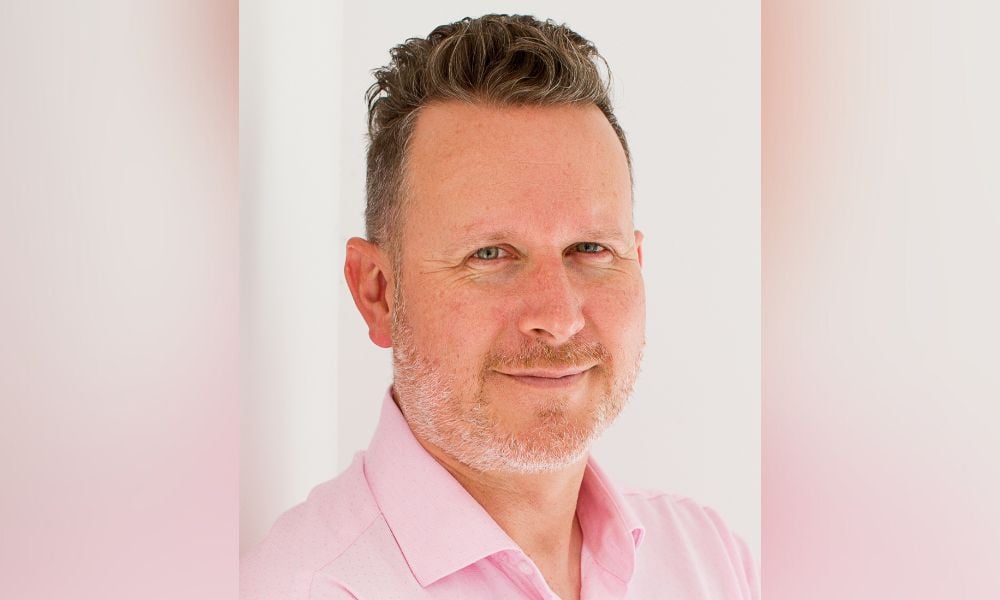The #MeToo scandal is a clear example of why HR should be primarily focused on building a great culture
.jpg)
From compliance to the future of work, HR teams today are hit with a multitude of priorities.
In fact, addressing each one individually is an immense effort and likely beyond the capacity of any single HR team, according to Steve Reid, chief people and culture officer, oOh!media.
“The #MeToo scandal is a clear example of why HR should be primarily and obsessively focused on building culture,” Reid told HRD.
“A great culture promotes openness, inclusion, belonging, enables change and demands acceptable standards of behaviour.
“The question is: Is HR doing enough to create cultures that prevent these scandals in the first place? Maybe not.”
Jessica Ciccozzi, general manager people and capability, QinetiQ Pty Ltd, added that she is “acutely aware” that employees don’t always feel comfortable stepping forward to raise workplace harassment concerns.
“The #MeToo campaign provided us with a valuable platform to proactively discuss these issues more openly,” said Ciccozzi.
“It’s easy to become complacent, but we have a duty of care to ensure we are always focused on reviewing our workplaces, training, and frameworks.”
This requires a continuous, long-term strategy that is driven both top down and bottom up, requiring open and honest discussions, according to Ciccozzi.
It also requires all leaders to be engaged and communicating with their teams regularly on acceptable behaviours, even when problematic behaviours aren’t evident.
The #MeToo movement has swept the country over the past year and businesses all over the world have moved to improve their HR policies, according to Matt Paine, ICC Sydney’s director of human resources.
Indeed, Paine cited research by the Society for Human Resource Management which indicates that half of businesses surveyed have, or are planning to, make changes to policies to improve how their businesses manage harassment.
“This is an opportunity to take stock, to set up or reconsider processes,” said Paine.
“HR has a leading role in educating teams and creating safe places for everyone.
“It’s up to every one of us to ensure our people are aware of what's 'right' and what's 'wrong' in any work environment.”
Related stories:
Russell McVeagh receives independent review
How to end the normalisation of sexual harassment in the workplace








